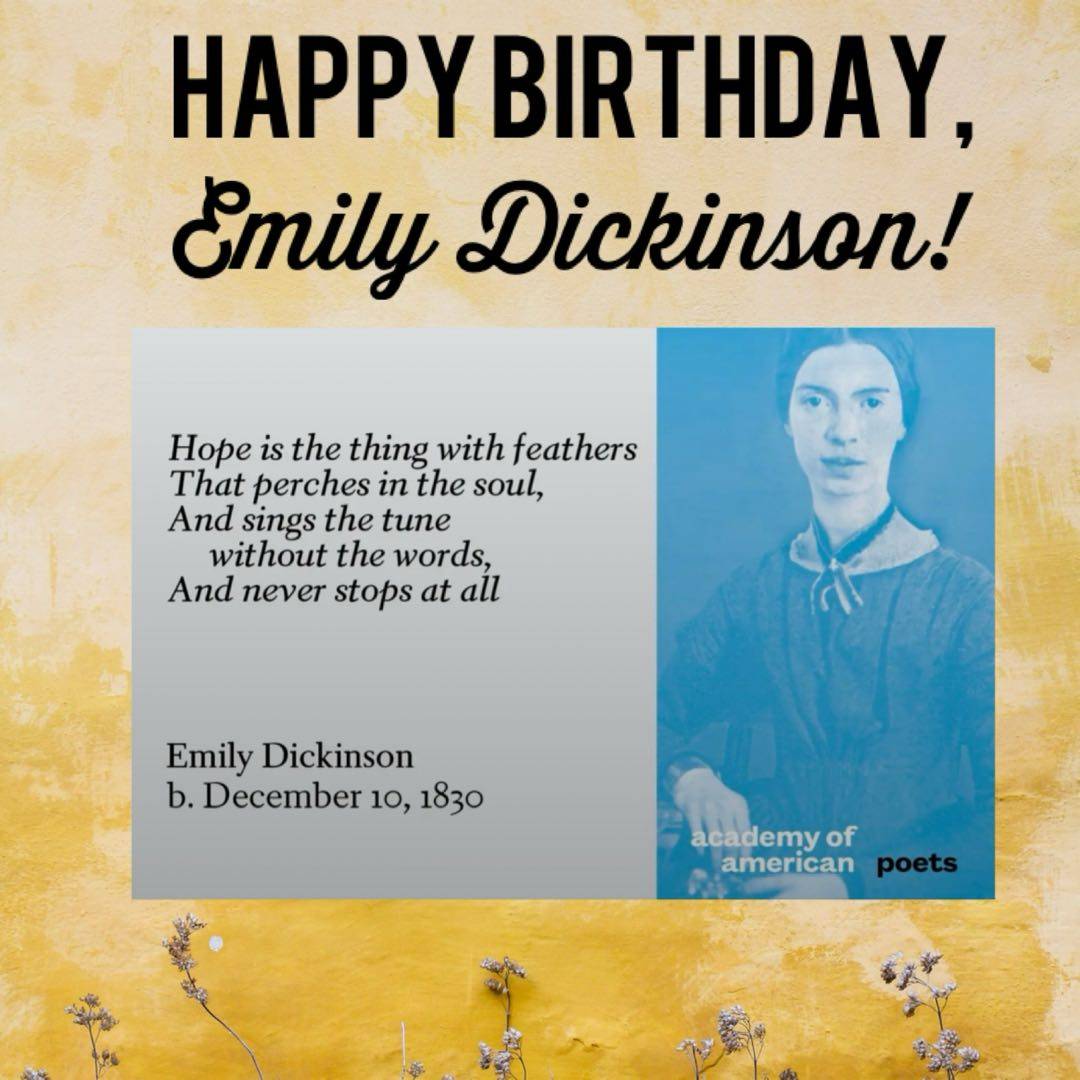
Belatedly because Litsy didn‘t let me post the image last night.

Belatedly because Litsy didn‘t let me post the image last night.
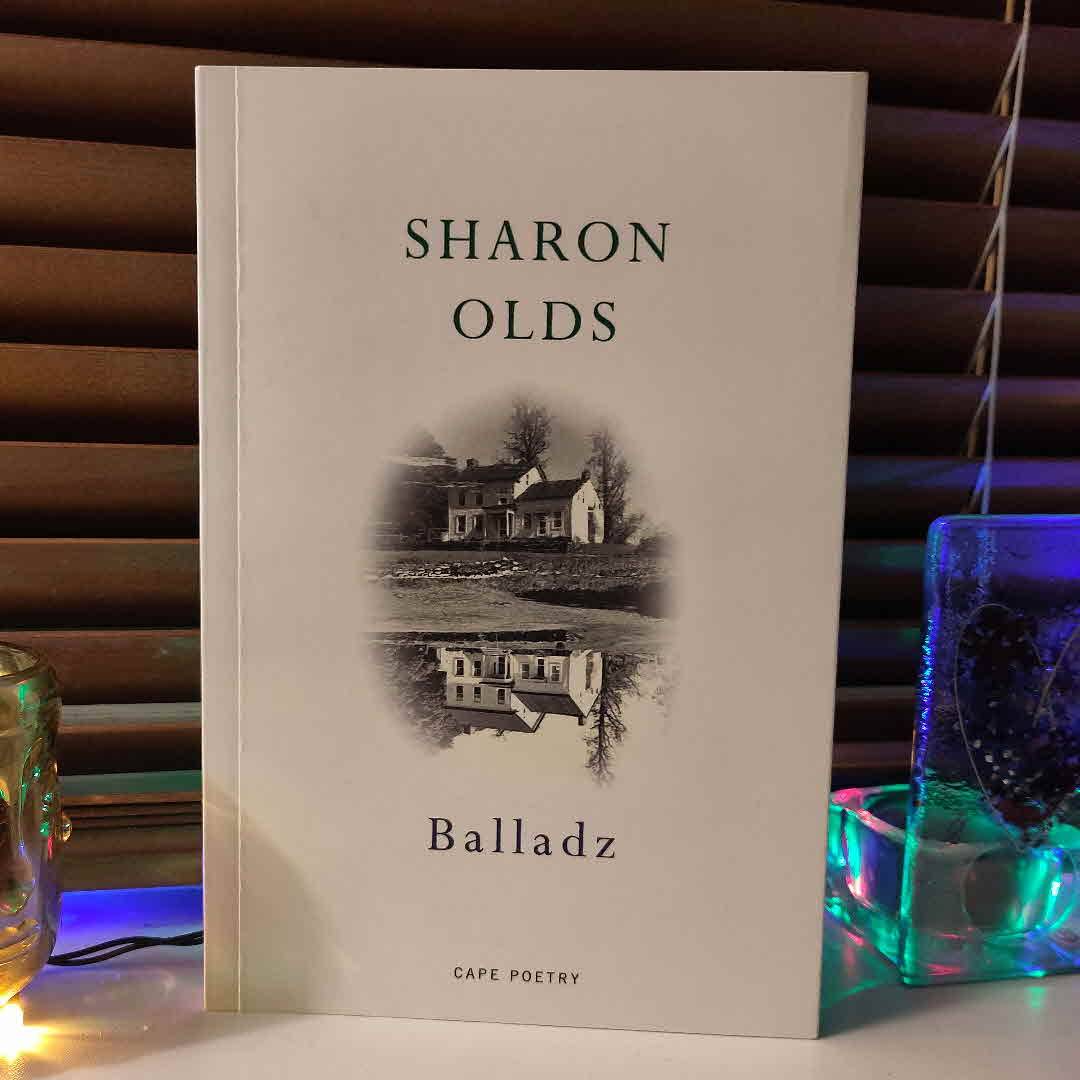
"Mostly interesting" is, I guess, damnation by faint praise, but it's the best I can muster. The COVID poems that start the collection were interesting accounts of an individual experience; the Dickinson homage poems left me ? and after the first couple, I skipped the rest. At times my mind drifted, and I felt little inclination to re-read. The sections about her childhood abuse were affecting as testimony, but not so moving as poetry, as was ⬇️
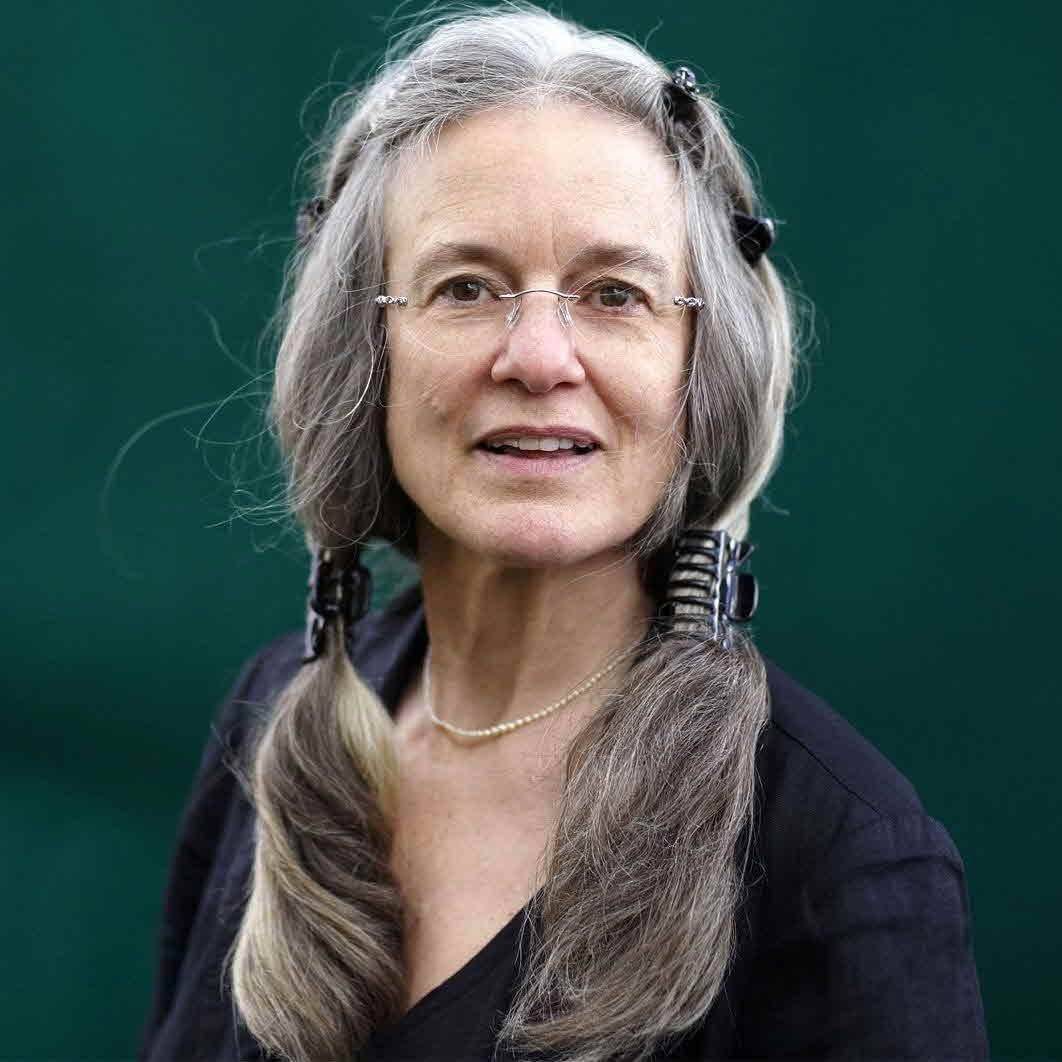
"How much longer can I live without touch?
It's a sweet sentence, that at 75
'I'm between boyfriends,'
and maybe in a way I'm like a crone goddess, ish,
the Sun-Kissed Matron in gray braids,
holding my tray out to you, chest-
high, rich with night-dark California raisins."
- 5 O'Clockface

@Eggs #majicmonday
for me it's winter trees, I also like them in summer but in winter there is much promise of what's to come
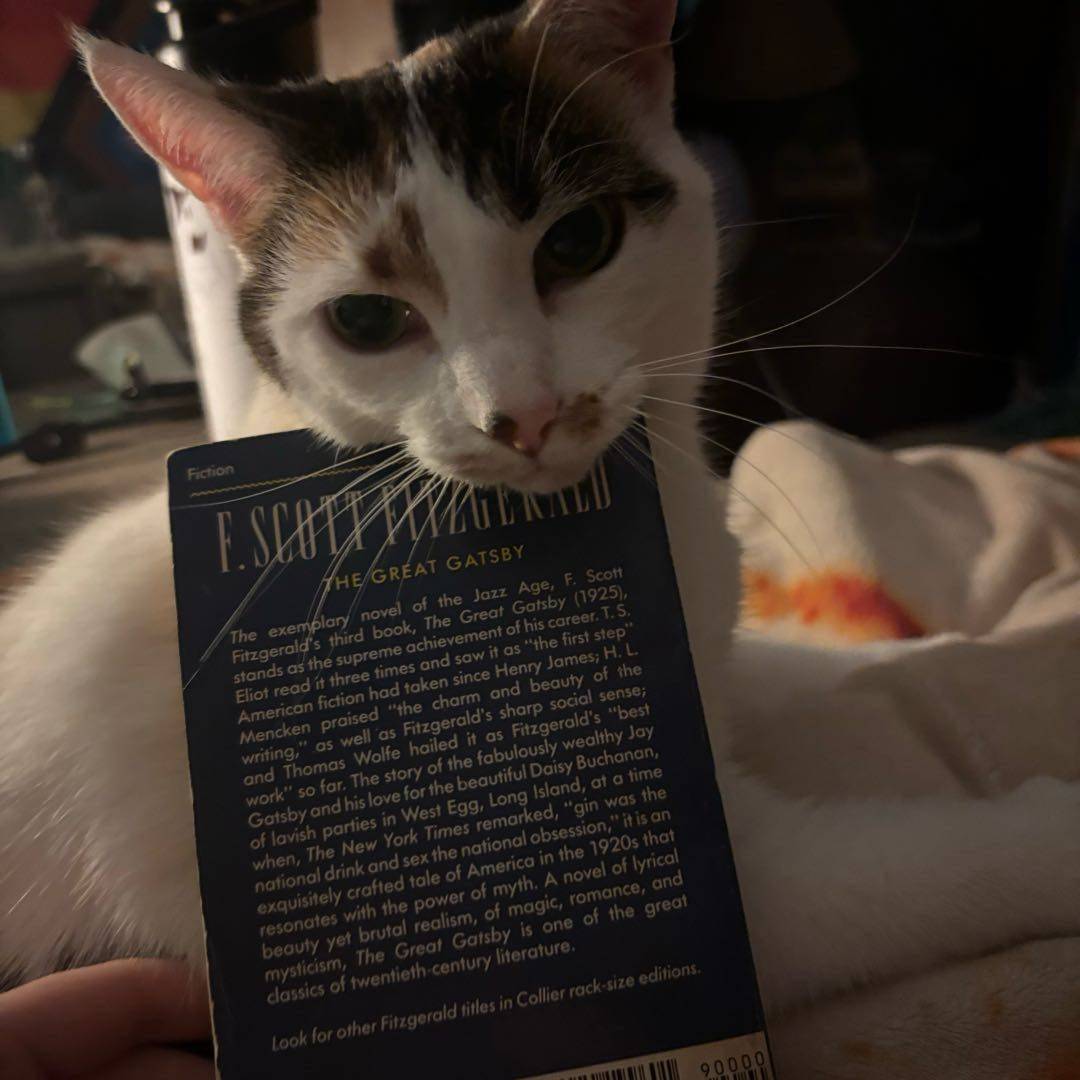
🌕🌕🌕🌗🌑 This book was good, but not great. I think I understand why we read it for class, because it has a lot of symbolism and character references in the story. It's not really my kind of thing, but I appreciate the literature and I'm glad I read it. I will say that it is a nightmare reading this in a class of HS Juniors. #catsoflitsy
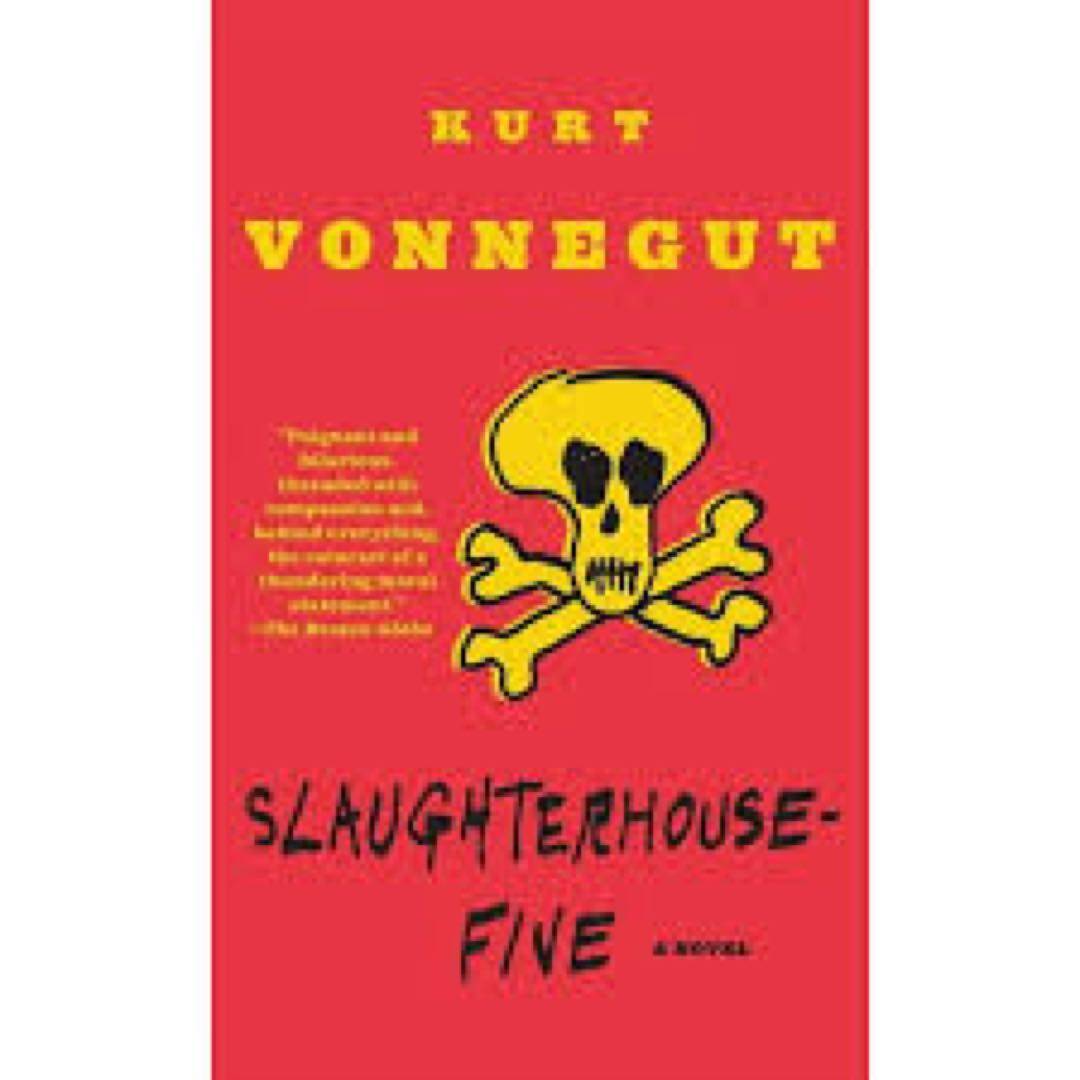
Billy Pilgrim is a hapless, helpless soldier in WWII. He witnesses horrendous acts of violence and the destruction of Dresden. He survives to return to home just to be abducted by aliens. The story is conveyed through glimpses of his life as he is bouncing around the timeline. Using dark humor and an underlying sadness, there is a poignant story to be pieced together. This is a short and interesting book and is well worth reading.